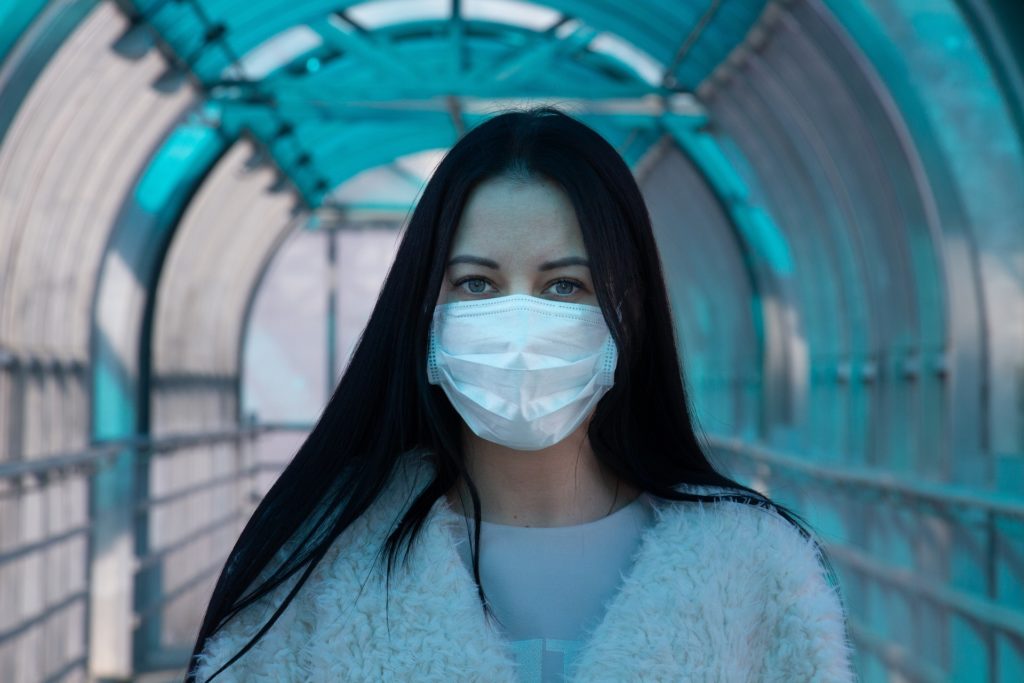
New real-world research being presented at this year’s European Congress of Clinical Microbiology and Infectious Diseases (ECCMID 2024) in Barcelona, Spain (27-30 April) reveals that people living with multiple sclerosis (MS) face a much higher risk of being hospitalised and dying from COVID-19 than the general population. The risk persists in individuals who received 3 or more vaccine doses.
These findings indicate that vaccination alone may not adequately protect individuals with MS from severe COVID-19 outcomes and underscore the urgent need for additional preventive measures against COVID-19 in this vulnerable population, say researchers.
Lead author Professor Jennifer Quint from Imperial College London, UK explains, “Having multiple sclerosis in itself doesn’t increase the risk of getting COVID-19, rather it’s the taking of immune modifying medicine such as B-cell depletion therapies that can reduce the effectiveness of vaccines by preventing the immune system from mounting a robust protective response. Some MS-specific factors, such as having underlying conditions or higher levels of disability, can contribute to poor outcomes. As a result, even after repeated doses of COVID-19 vaccines, some individuals with MS remain at high risk of serious outcomes from COVID-19.”
The new analyses are part of the INFORM (INvestigation of Covid-19 Risk among iMmunocompromised populations) study, which analysed data of nearly 12 million people aged 12 years and older in England to assess COVID-19’s impact, risk, and healthcare resource use (HCRU) among immunocompromised populations compared with the general population during the Omicron wave.
Previous results from INFORM found that immunocompromised individuals face disproportionate burdens from COVID-19, with a substantially higher risk of developing severe COVID-19 outcomes than the general population [1]. However, the specific burden faced by individuals with MS, which was not categorised as immunocompromised, was not assessed previously.
To find out more, researchers compared the risk of COVID-19 hospitalisation and death in vaccinated individuals with MS and the general population in England from 1st January to 31st December, 2022.
They analysed routinely collected national primary and secondary care electronic data from a random sample of 25% of all individuals aged 12 years or older in England registered with the National Health Service (NHS). Subgroup analysis was conducted among individuals vaccinated with three or more doses of COVID-19 by Jan 1st, 2022.
Of 11,990,730 individuals included in the study, 16,350 (0.1%) individuals with MS were identified. Over half (6,060,635) of those in the general population and more than three-quarters (12,905) of patients with MS had been fully vaccinated (received at least three doses of a COVID-19 vaccine by Jan 1st, 2022).
During the study, the general population recorded 20,910 COVID-19 hospitalisations and 4,810 COVID-19 deaths, corresponding to crude overall incidence rates of 0.24 and 0.06 per 100 person-years, respectively.
Among individuals with MS, there were 215 COVID-19 hospitalisations and 25 COVID-19 deaths, corresponding to substantially higher overall incidence rates of 1.28 and 0.14 per 100 person-years, respectively.
After adjusting for age and sex, having MS was associated with a seven times greater risk of COVID-19 hospitalisation and fourfold increased risk of dying from COVID-19 compared to the general population.
“We hope that these findings raise awareness that the threat of COVID-19 is still very real for many, and that vaccine boosters are inadequate to protect this clinically vulnerable group”, says Professor Quint. “With new variants constantly emerging, people living with MS should be considered an important high-risk group for COVID-19 hospitalisation and death for which additional preventive measures and multi-layered public health protections are urgently needed.”
Despite the important findings, the authors point to several limitations, including that they can’t rule out the possibility that other unmeasured factors such as underling illness and level of MS disability might have influenced the results. They also note that they did not examine the effect of use of disease modifying therapies, time since last vaccination, type of vaccination, and prior infection.



